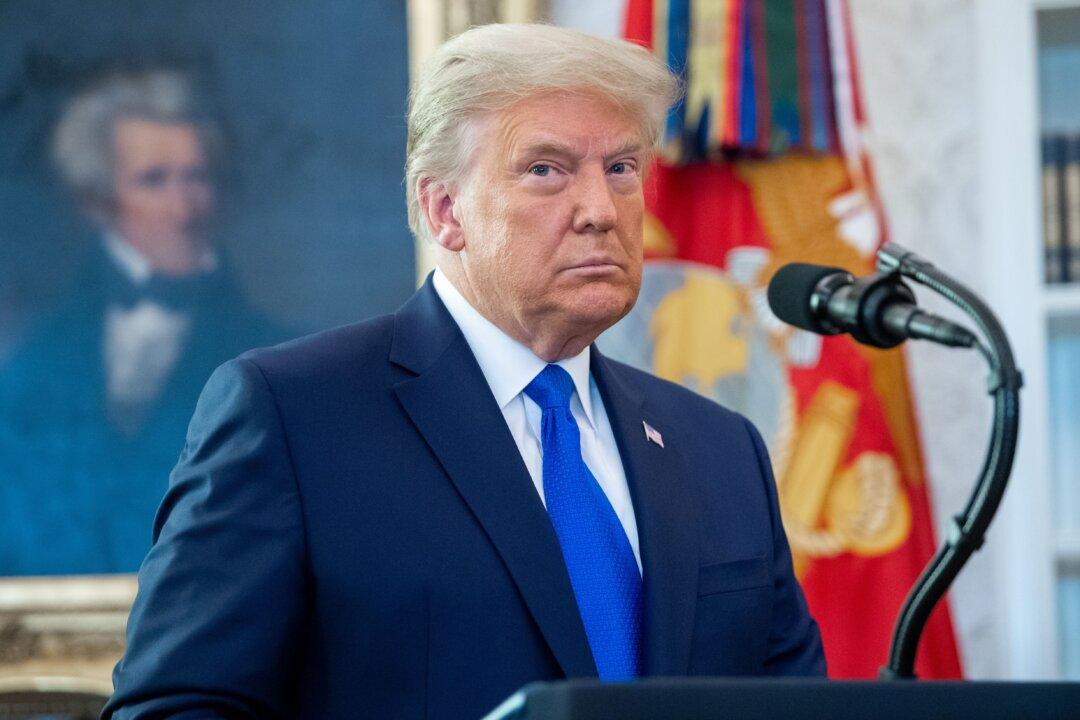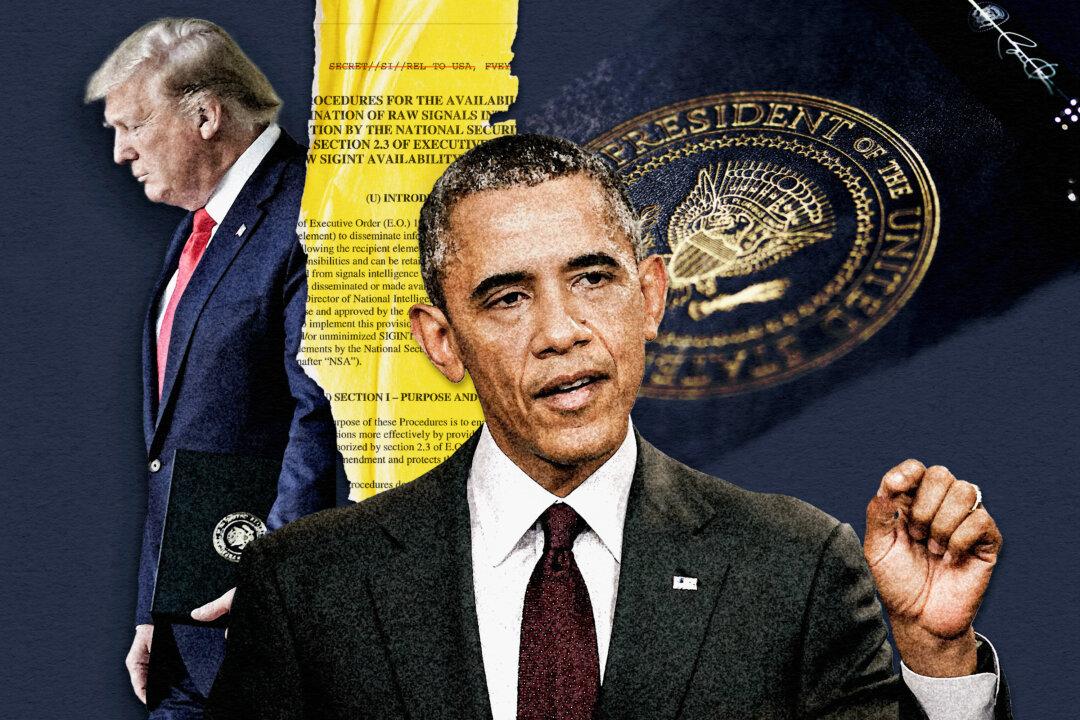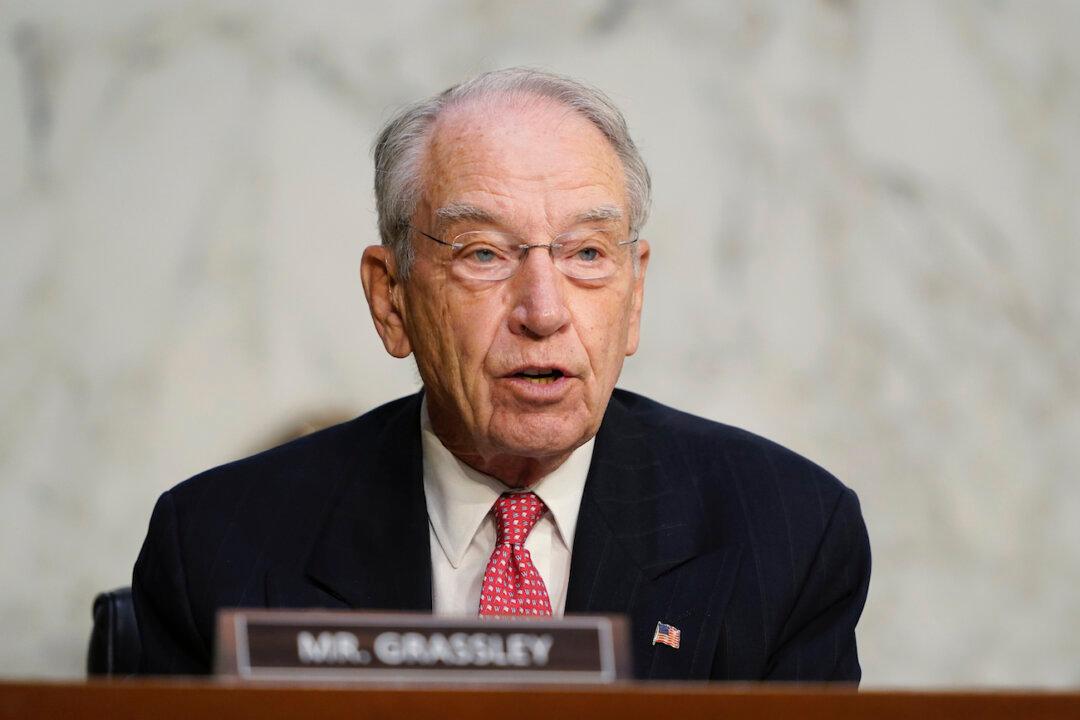Adam Lovinger was a strategic affairs analyst with the Pentagon’s Office of Net Assessment (ONA). Since January 2017, he had been working on loan as a White House National Security Council analyst after being selected for the position by Gen. Michael Flynn.
On May 1, 2017, Lovinger was notified that his Top-Secret, Sensitive Compartmented Information (TS-SCI) clearance had been suspended. He was to return to the Pentagon immediately.





